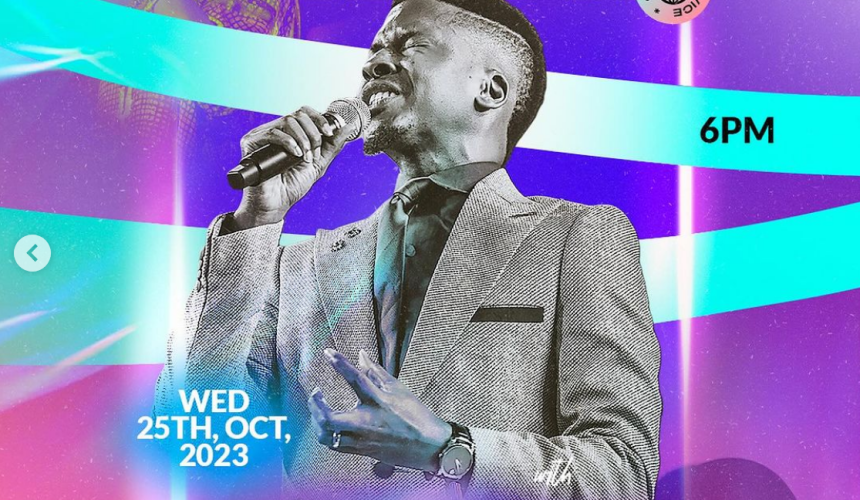The gift of tongues is not the exuberance of a particular denomination, it is hinged to the very promise of our salvation.
📌Luke 24:25-27; You get into a new level of Bible study when you understand that the priority of the scriptures is salvation. The entirety of the scripture has a scope.
📌It begins with the promise of salvation in the Old Testament, the provision of salvation in the Gospels, and the announcement of salvation in the Epistles.
📌So, there are three Jewish feasts that God instituted through Moses that talk about Jesus’ coming:
1. The Passover: This was a feast to commemorate God delivering the people from Egypt.
– This was a very powerful metaphor of salvation. The children of Israel were not going to be saved just because they were children of Israel. The only thing that would occasion their exemption from death was the blood on the lintel. This means that the only reason the Egyptians died is because they didn’t know. If they had known, they’d have put blood on their lintel. This is a picture of the final judgment. It doesn’t matter your background, the only thing that will save you at the end is the blood.
– During the Passover, God asked them to eat unleavened bread. From I Corinthians 5:7, we understand that the unleavened bread was to represent sanctification because the yeast was a metaphor for people who didn’t believe.
2. The Feast of Weeks: Immediately after the Passover celebration, they begin to count 49 days after the Passover. 49 days is 7 weeks; Exodus 34:22. The feasts are connected. There is no feast of weeks without the Passover.
– According to God’s timeline, in delivering the Israelites from Egypt, they should have been in the promised land by 50 days and partaken of the first fruit of that land.
– In the Passover, they ate unleavened bread, but by the feast of weeks, they bake 2 loaves of leavened bread to say ‘We who used to be slaves are now free’
– The feast of weeks was supposed to commemorate the giving of the law.
3. The Feast of Tabernacle
By studying these feasts you ought to have understood God’s redemptive plan and His timeline.
1. Christ is our Passover: I Corinthians 5:7; so the unleavened bread had nothing to do with eating, it related to people. What happened in Egypt was a prophetic picture.
– The Passover was celebrated on the 10th day of the first month
– Every Jewish family will buy a lamb, familiarize themselves with the lamb for three days, and clean their house of every leavened bread.
– On the 14th day, they’ll kill the lamb without breaking its bones.
📌When we come to the Gospels, we see that on the 10th day of the first month, Jesus gets a donkey and rides into Jerusalem. This means that the lambs the families were buying were a type and shadow of the real Lamb. He is then brought before Caiphas, the one that handles all the temple sacrifice. He is then sacrificed at the same time that the lambs are being sacrificed.
2. Christ is our first fruit: I Corinthians 15:20-23. The Jews were also called first fruit because through them, the world would hear about Christ
📌And so, Pentecost is attached to salvation. Tongues is not the exuberance of a particular denomination, it is hinged to the very promise of our salvation.
📌Now, what does this have to do with tongues?
📌God showed the Israelites so many signs so they could understand that He was behind their prophets.
So for God to catch their attention He must do it in a dramatic way. He must show that Jesus is greater in a more dramatic way. The mount of transfiguration.
(2 Cor. 3:6) At the giving of the law, 3000 people were judged and killed but at Pentecost, 3000 people were saved.
📌If God did all that in the Old Testament, we must have even more signs.
Fire will fall not on Sinai, but on us. The God of the Bible will always announce himself.


Leave a Reply